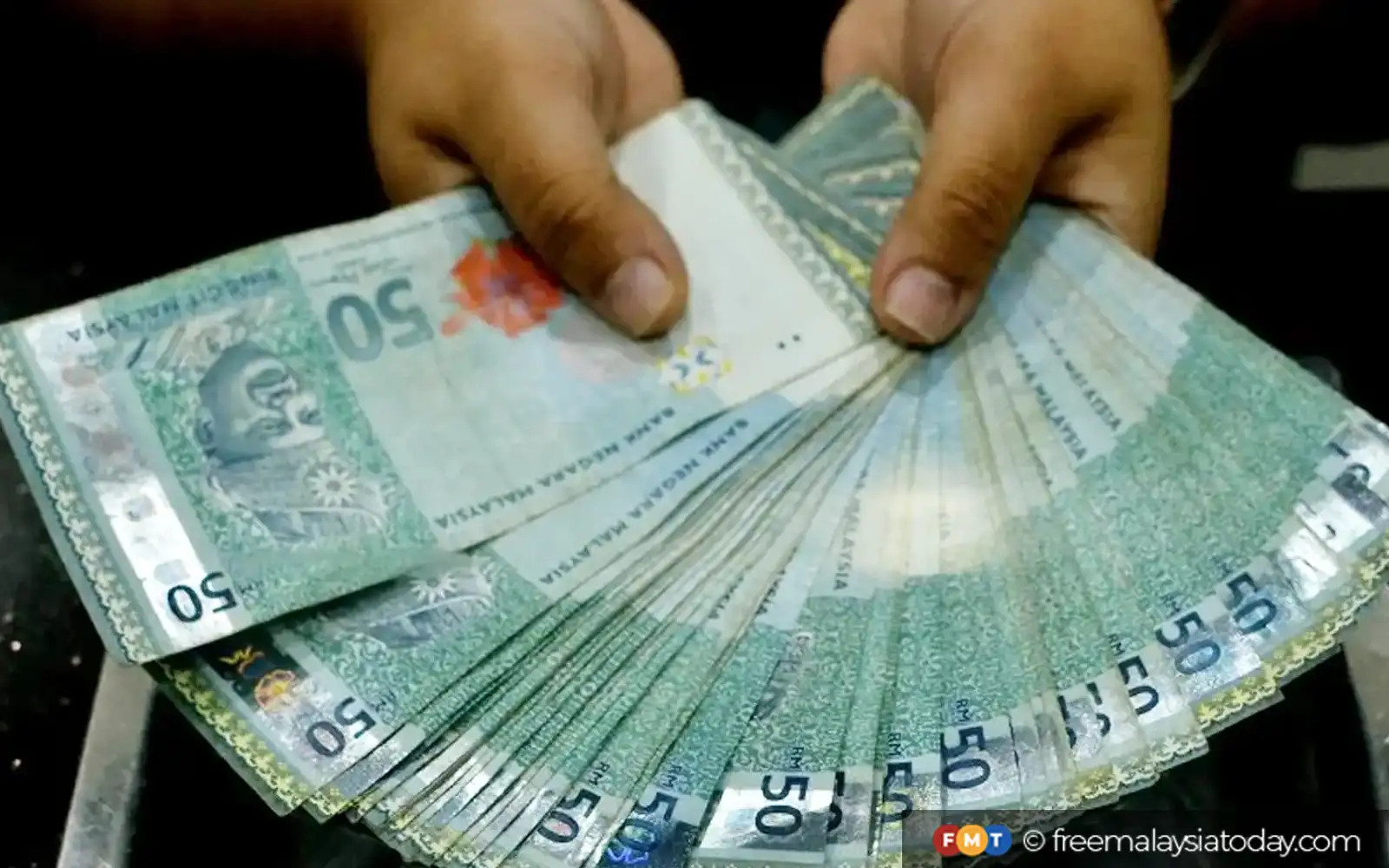
PETALING JAYA: An economist has urged the government to pay attention to political unity as a means of bolstering the strength of the ringgit, not just focus on structural reforms.
Center for Market Education CEO Carmelo Ferlito does not see structural reforms as a panacea for a stronger ringgit as the economy is “a complex system”.
He said while certain reforms were important, it was crucial to find the political cohesion and unity to speed up the implementation of reforms.
“Political will naturally arises when there’s a shared vision aligned with the government’s aspirations,” he told FMT Business.
He also said there should be an emphasis on ensuring a clear view of government programmes. “This means outlining specific policies, objectives, and plans for governance,” he added.
Bank Negara Malaysia (BNM) governor Abdul Rasheed Ghaffour recently said that a concerted effort to implement much-needed structural reforms would boost economic growth and pave the way for a stronger ringgit.
“We continue to advocate for structural reforms which are critical to strengthen our growth prospects and encourage investments to provide more enduring support for the ringgit,” he added.
The local note slipped past 4.80 against the US dollar at the end of February, its weakest level since January 1998 during the height of the Asian financial crisis. It strengthened against the greenback following various policy measures by BNM and the finance ministry.
However, in the past week the ringgit again weakened and is now approaching the 4.80 level versus the dollar.
Ferlito said that fiscal responsibility encompasses more than just increasing government revenue to enhance the tax structure as it also involves various approaches.
He highlighted the importance of optimising spending and cutting unnecessary expenses, as well as having regulations that are more business-friendly.
Investors want good returns
However, economist Geoffrey Williams said the government has the political will to undertake the required structural reforms.
“The political will is clear because the policies are in place and on schedule.
“However, there must be a further push on tax reforms and regulatory reforms to create a more agile, competitive and innovative eco-system for both domestic and foreign investors,” he said.
He said that behind the scenes, reforms are being undertaken in some government-linked investment corporations and development finance institutions.
Some structural reforms highlighted by the central bank governor include subsidy rationalisation, raising incomes, and improving the process of turning high-investment approvals into actual investments, he said.
The reforms also include long-term plans such as the National Energy Transition Roadmap and the New Industrial Master Plan.
“There are also new frameworks such as the Fiscal Responsibility Act and the Medium-Term Fiscal Framework,” Williams added.
He said the job of the central bank is to make sure the market works properly so that there is a stable system in response to inflows and outflows of money for financial transactions.
“This is working well. Inflows and outflows of money influence the ringgit, which is why BNM has encouraged Malaysian companies to repatriate foreign currency holdings to buy ringgit,” he said.
While this has worked and stabilised the ringgit, he said the long-term value of the ringgit depends on whether investors can get good returns in Malaysia.
“This means that the economy must have sustainable growth, low inflation and good investment returns. This requires structural reforms to underpin strong fundamentals,” he added. - FMT



No comments:
Post a Comment
Note: Only a member of this blog may post a comment.